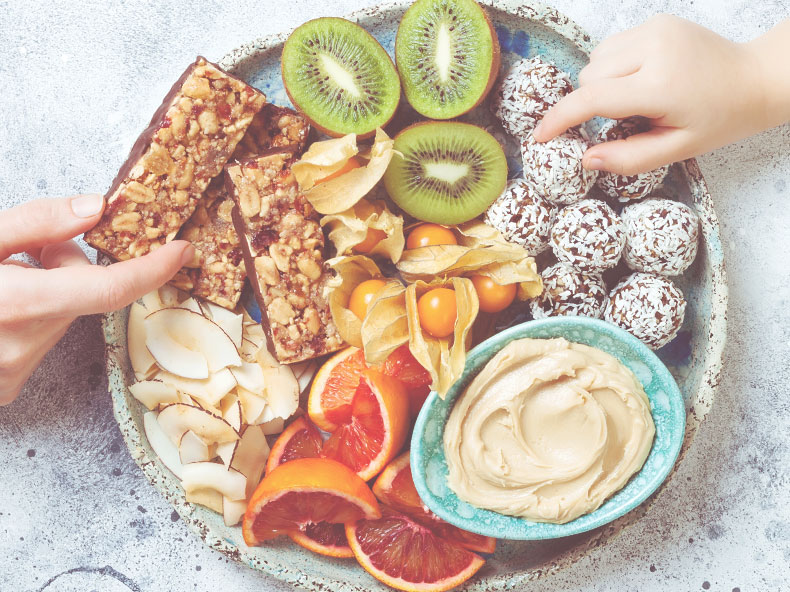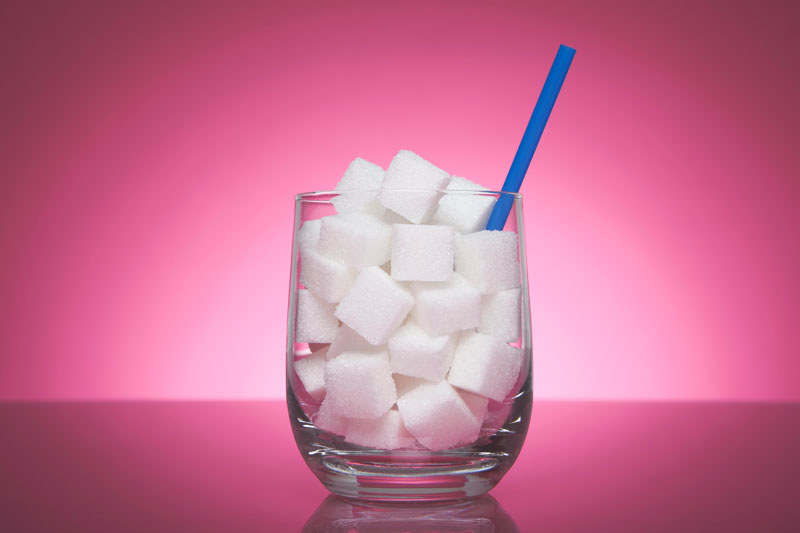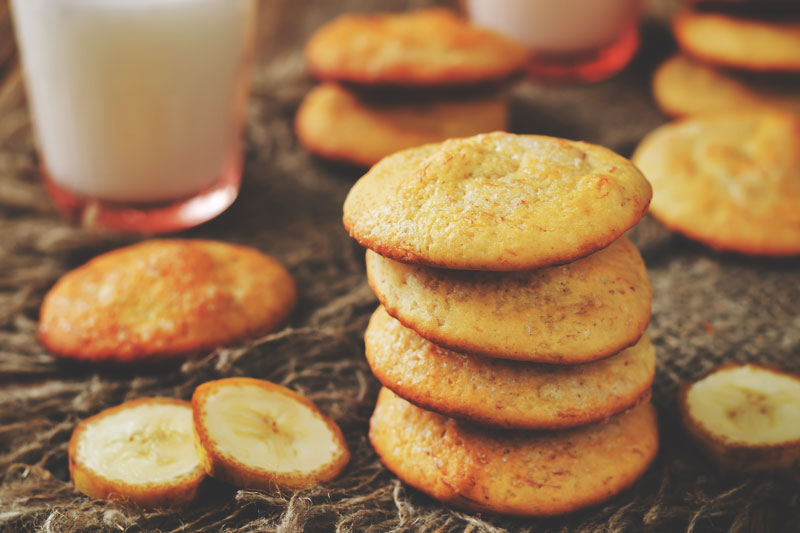Sugar Awareness Week
22nd January 2020
22nd January 2020

This week is Sugar Awareness Week. According to Public Health England, we eat over two million tonnes of sugar every year, but we’re not always aware that we’re having it.
With many savoury foods such as wholemeal bread and low-fat yoghurt containing sugar, some of us could be having way more than we think. With the New Year underway, perhaps it’s time to reassess your diet and limit your own sugar intake?
One of the most obvious reasons why too much sugar is bad for our health is that it tends to be high in calories but not all that filling. That makes it easy to over-consume and then the excess calories can cause you to gain weight. But it’s not just empty calories that are the problem.
Sugar supresses the immune system – when you get a big dose of it, you temporarily prevent your immune system’s ability to respond to challenges. The effect lasts for several hours, so if you eat sweets several times a day, your immune system will be perpetually operating at a disadvantage.

Sugar also promotes inflammation. Eating foods high in sugar can fuel excessive, inappropriate inflammation that serves no useful purpose and actually promotes aging and disease. It also supresses the release of the human growth hormone – if you want to slow down the aging process, you definitely want to do more to avoid foods that are high in sugar.
Influxes of sugar into the system will also raise insulin levels. Over time, and if you eat too much, it takes more and more insulin to ensure your body cleanses itself of sugar from your blood and into your cells. Eventually your pancreas may just stop responding altogether. Hello diabetes.
And – of course – too much sugar is bad for our teeth and can lead to cavities and other tooth and gum related disorders.
Added sugars shouldn’t make up more than 5% of your calorie intake. This equates to approximately 30g of sugar per day for those aged 11 and over.
Fruit juice and honey can also count as added sugars, as they are sometimes added to foods to make them sweeter. Whilst fruit juice is a healthy choice, the sugars can damage your teeth so it’s best to drink it alongside a meal and have no more than one serving a day (150ml).

The Zero Waste Company in The Pantiles is a great source of healthy foods, nuts, snacks and vegan goodies with limited and no sugar content. They are also the perfect port of call for ingredients to make tasty, sugar-free, bakes. With this in mind, why not try out these sugar-free and vegan banana cookies?
2 Ripe Bananas
80ml Cup of Plant-based Milk
125g Plain Flour
½ Tsp Baking Power
Cool and enjoy!
Find out more about The Zero Waste Company.